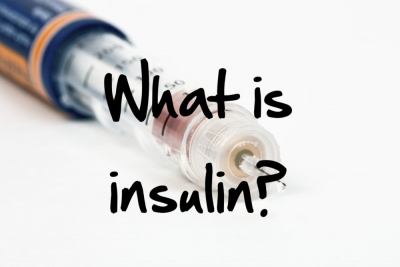
Insulin is a hormone created by your pancreas that controls the amount of glucose in your bloodstream at any given moment. It also helps store glucose in your liver, fat, and muscles. Finally, it regulates your body’s metabolism of carbohydrates, fats, and proteins. Sound important? That’s because it is.
When you eat, your blood glucose levels rise, and this leads a typical person’s pancreas to release insulin, so that the sugar can be stored as energy for later use. Without that pancreatic ability, as a person with either type 1 diabetes or advanced type 2 diabetes, your blood sugar levels may rise dangerously high, or drop too low.
If your body doesn’t make insulin or doesn’t make enough, you are eventually diagnosed with type 1 diabetes. It used to be called juvenile diabetes, but new estimates show that as many as half of people with type 1 diabetes are not diagnosed until adulthood. On the other hand, if your body doesn’t use insulin properly, you have type 2 diabetes.
While people with type 1 diabetes need to take insulin to survive, many people with type 2 are able to stave off insulin use or even avoid it altogether by exercising, losing weight, adapting healthier eating habits, or using other prescription medications.
Many people with diabetes who use insulin self-administer it by injecting it with a syringe. The outside of the syringe is marked with lines denoting the amount of medication in the needle. There are different size syringes that you can choose from with the help of your doctor.
Picture Credit : Google

